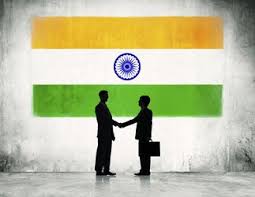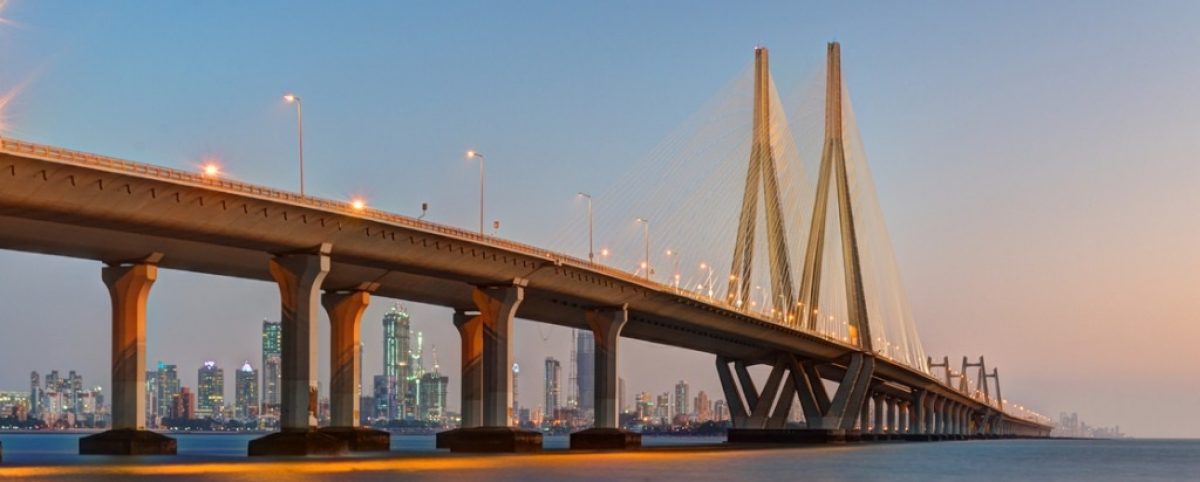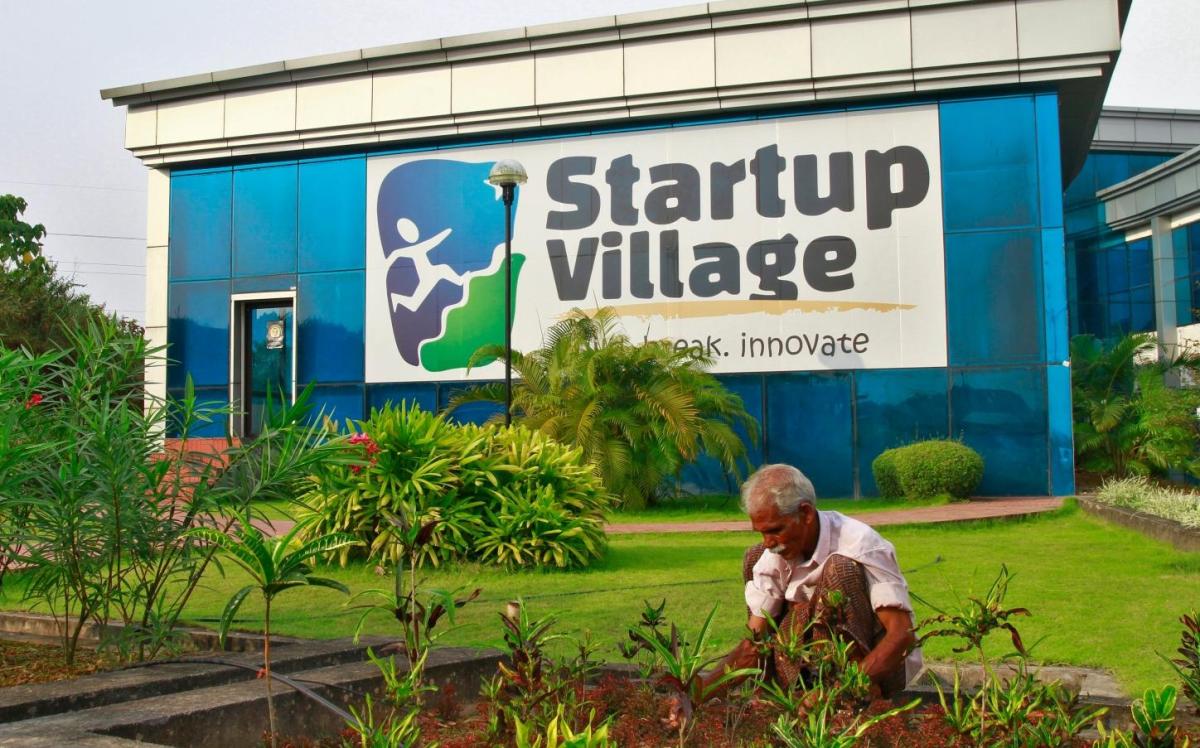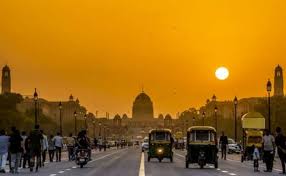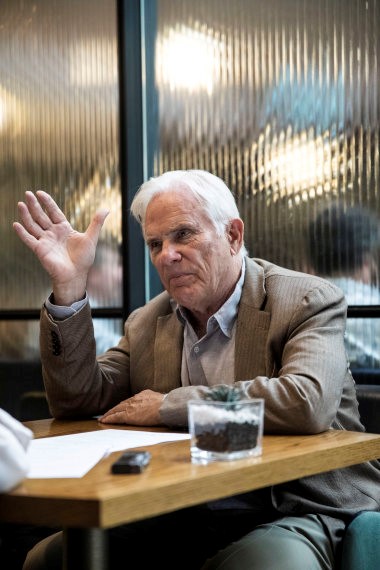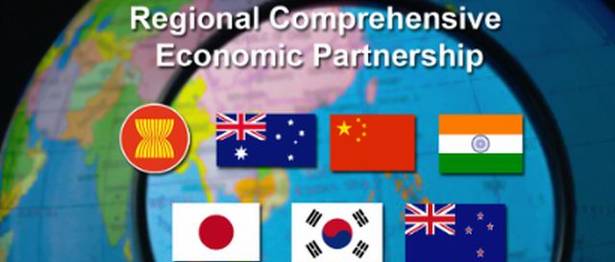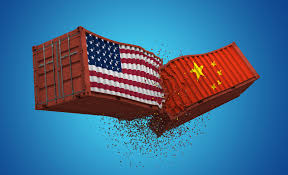Doing business with India? Here are some tips that might help your experience, but keep in mind you will find many variations and contradictions of these points in the very diverse and exciting India market:
The language barrier is real – even English
India has some 26 major languages, but your Indian counterpart will almost certainly speak English, which itself can be a problem – it creates the illusion of communication and understanding. Many of us speak English and think western – your Indian partner speaks English and thinks Indian, so take care to build real understanding. Also keep in mind there are “many Indias” with many different languages and ways of thinking.
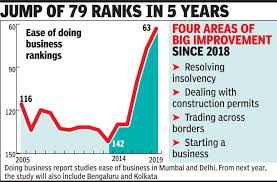
You are in a different culture
Visitors to most of Asia and China are visually reminded all day that they are in a vastly different culture. But often, especially in offices, India can appear quite westernised and individuals also give that impression. Better to open your mind and see things and people more clearly, looking beyond the surface level “westernisation” – exploring cultural differences expands your horizons and you will find many charming similarities.
Be patient and you will get there faster
Adopt a patient long term view – India is a 5 to 10 year game. It is very easy to get MOU’s (Memorandum of Understanding) signed with fanfare in India but too many do not produce any outcome. One way to improve our cultural dexterity would be to take a long-term view and apply lots of patience.

Businesses should not start out on market entry unless they are prepared to commit at least five years to making it work. Governments need the same longer-term perspective. Rushed trade missions, political announcements and photo opportunities amount to very little – we see them as an achievement, but they are just a beginning.
Relationships take time – but they are everything
India is a collective culture which means relationships are the number one factor in success, and building relationships takes time. Many who see India as not a short-term transaction opportunity can find success, but not for long as someone with a better price comes along. A better strategy is to aim for longer success through a focus on building relationships. The first trade meeting in India can be exciting and positive, but from the India side this is just seen as an introduction and they will wait to see if the relationship grows. Trust and relationship take time.

“Yes” can mean “maybe” or “no”
See beyond the politeness: Indians are among the most courteous and generous hosts on the planet. On top of this, their culture demands that they never provide an outright rejection or “no” statement, even when this is clearly the only answer. The dumbest question for a business to ask in India is “can you help me with market entry for my products?” The answer will always be “yes” and you will sit idle for a long time back home until you realise this is not the right question. Within Indian culture built so solidly on relationship above all else, the word “no” is a real relationship breaker and is rarely or never used. “Yes” can in fact mean “maybe” or even “no” and you need to look for the signs. Like most of Asia, Indians are indirect communicators.
Prepare for the collective
Most westerners come from a culture of the individual, but the Indians they meet are firmly placed in a collective culture. A visitor to an Indian company will often find four or five Indians in the meeting, and often it is not clear who is in charge. Many Indian leaders will not speak up or even speak at all in these meetings – in the collective someone else does the talking while they do the evaluating.
It will be slow and fast
Modern India can be slow or fast and it is hard to know which you will encounter. Sometimes delivery seems to take forever, yet on other occasions it is faster than the west. This means to succeed there you need incredible patience, so don’t send your least patient executive to India. Being able to respond positively under both slow and fast delivery is the key.
The visitor can be shocked and unprepared for the speed of modern India. Businesses need to go prepared to deliver on a product or service right now, not just having some idea for a future opportunity. Trade missions from around the world arrive weekly, so they have plenty of choice. Fast and slow, east and west – India is a living and dynamic paradox.
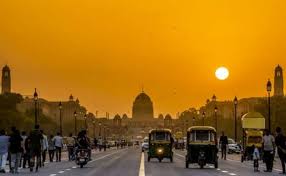
India is many countries in one
Differences are not just seen in the North, South, East and West, India is truly many countries in one and you need to be ready for cultural diversity. While Mumbai is the fast and flashy financial capital, it is also a tough place because everything is done on grand scale and at great speed. New Delhi is more formal and stuffy, also more liveable, and is more than a political capital – it is a powerful business city. Chennai is one of my favourites, embracing that slower southern pace and the values that shine in southern businesses. Regions have varying strengths, so research is the key. Recent moves to allocate Smart Cities across India can provide insights into alternative gateways for you.
Navigate through the spider web
While the west strives for simplicity and certainty, Indian business leaders know that life is like trying to find your way through a spider web – where does it begin, where does it lead, who can tell? Consistent with this view, most Indian corporations offer an incredibly diverse range of products and services – whereas western business tends to focus on just one area. In most cases Indian companies are willing to buy from you but are also looking for the deal to include some intellectual property sharing arrangements – think about these before you head over there.
Learn the art of flexibility and patience
Being patient and flexible is an asset, even if you come from a country that likes to be blunt, direct and structured. Most Indian communication is indirect, so it can take some time to work out what the real issues are. India is full of surprises and you cope best through being flexible. Dropping any “one rule for all” approach is a good start.
If you are thinking of going, India’s great thinker Rabindranath Tagore can be your inspiration: “You can’t cross the sea merely by standing and staring at the water.”
